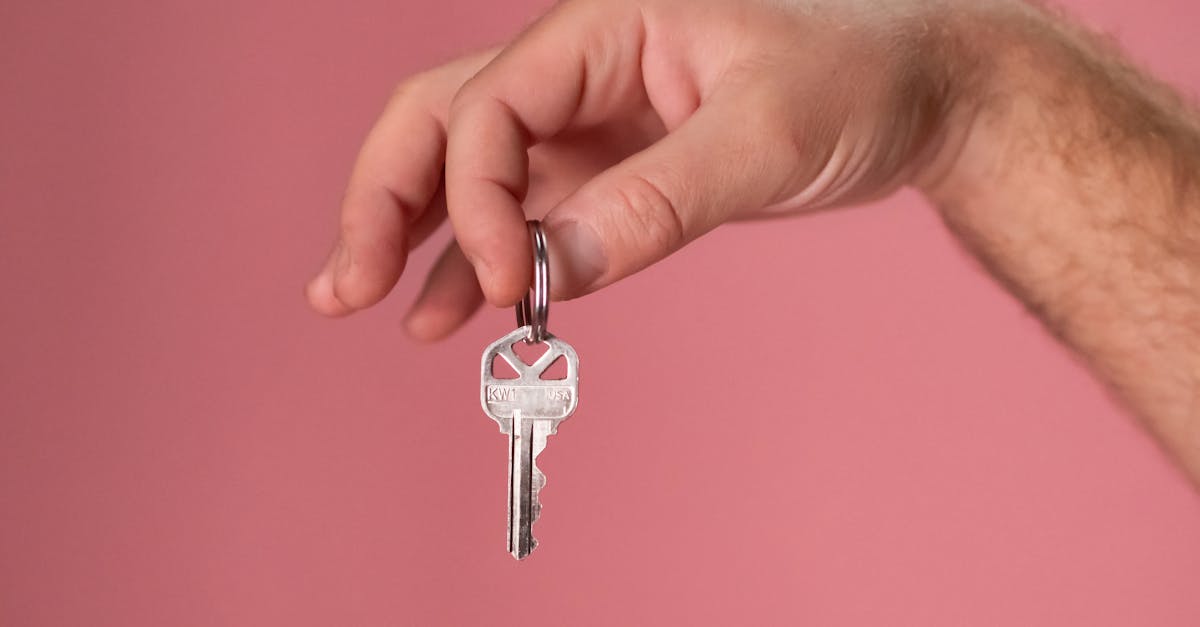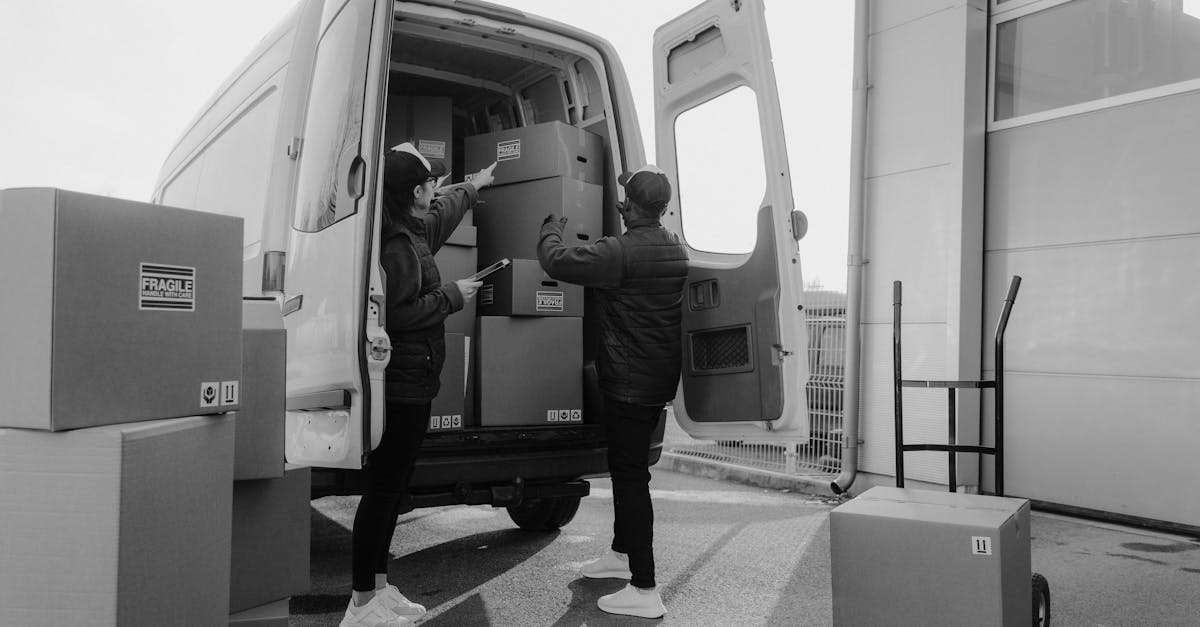As technology zooms ahead at lightning speed, it’s transforming the way we care for our elderly loved ones. Imagine a world where your grandma can chat with her coffee maker, and her fridge reminds her to take her meds. Welcome to the age of smart home elderly care solutions, where convenience meets compassion.
These innovative tools don’t just make life easier; they ensure safety and independence for seniors. With smart sensors, voice-activated assistants, and even robotic companions, families can breathe a little easier knowing help is just a command away. Gone are the days of worrying about missed meals or lonely evenings. Instead, it’s all about creating a cozy, tech-savvy environment that feels like home, but with a sprinkle of futuristic flair. Who knew caring for the elderly could be this high-tech and fun?
Table of Contents
ToggleOverview of Smart Home Elderly Care Solutions
Smart home elderly care solutions incorporate technology to assist seniors in their daily routines. Devices such as smart speakers and voice-activated systems enable seniors to control their environment easily. These solutions include medication management systems that issue reminders and alerts, ensuring timely compliance with health regimens.
Monitoring systems equipped with sensors track changes in a senior’s daily activities. When unusual patterns arise, caregivers receive notifications to intervene if necessary. Security features like smart cameras enhance safety by allowing remote monitoring of seniors’ homes, giving families peace of mind.
Connected devices like smart thermostats and lighting systems contribute to energy efficiency while offering convenience. Lighting that adjusts automatically can help prevent falls during nighttime visits to the bathroom or kitchen. In addition, smart home technology encourages social interaction through video calling capabilities, reducing feelings of isolation among elderly individuals.
Wearable devices play a crucial role in health tracking and emergency response. For instance, smartwatches can monitor heart rates and alert users to irregularities. These devices serve as a lifeline during emergencies, offering peace of mind for both seniors and their families.
Smart home elderly care solutions foster independence while ensuring safety and comfort. With continuous advancements in technology, these solutions adapt to the changing needs of seniors, creating a more supportive, user-friendly environment.
Benefits of Smart Home Technologies
Smart home technologies provide significant advantages for elderly care. These innovations enhance not only safety but also the independence of seniors.
Improved Safety and Security
Smart home devices create a safer living environment. Smart cameras enable remote monitoring, allowing families to keep an eye on their loved ones at all times. Motion sensors detect unusual movements, sending alerts to caregivers. Automated lighting helps prevent falls during nighttime movements. Additionally, security systems can notify authorities in case of emergencies, providing a rapid response. Wearable health monitors alert users and caregivers about critical health changes, boosting response times. Safety significantly increases when combined with these smart technologies, leading to greater peace of mind for families.
Enhanced Independence
Incorporating smart home solutions promotes independence among seniors. Voice-activated assistants simplify daily tasks, enabling users to control their environment effortlessly. Medication reminders ensure seniors adhere to their health regimens without dependence on others. Smart appliances like refrigerators can suggest healthy meal options, encouraging self-sufficiency in meal preparation. Furthermore, video calling features connect seniors with family and friends, fostering social interaction and emotional support. Each of these features supports a more autonomous lifestyle for seniors, reducing reliance on caregivers while maintaining their dignity and quality of life.
Key Features of Effective Solutions
Smart home elderly care solutions integrate crucial features that enhance safety, comfort, and independence for seniors. Users benefit from automation, health tracking, and security measures designed to provide peace of mind.
Home Automation Systems
Home automation enhances daily living for seniors by simplifying tasks. Voice-activated systems allow easy control over lights, thermostats, and appliances, ensuring comfort in every room. Seniors enjoy hands-free operation, making interactions with technology seamless. Automated reminders for medications and appointments promote adherence to routines. Smart speakers enable communication with caregivers, facilitating immediate assistance when necessary. Energy efficiency increases through connected devices, lowering costs for families while improving seniors’ quality of life.
Health Monitoring Devices
Health monitoring devices play a significant role in proactive elderly care. Wearable technologies, including smartwatches, track vital signs like heart rate and activity levels. These devices alert users and caregivers to any potential health concerns, encouraging timely responses. Medication management systems issue reminders, supporting adherence to prescribed regimens. Sensors within the home monitor daily activities, signaling any deviations from normal patterns to caregivers. This data-driven approach enhances the well-being of seniors while providing families with critical information for informed decision-making.
Challenges and Considerations
Smart home technology offers numerous benefits for elderly care, yet challenges exist that warrant attention. Addressing these concerns ensures safer and more effective solutions.
Privacy and Security Concerns
Privacy concerns come to the forefront with smart home devices. Many devices collect personal data, leading to potential misuse. Unauthorized access could compromise sensitive information about seniors. Caregivers must prioritize security features in devices. Regular updates and strong encryption protect data integrity. Awareness of how data is stored and shared is essential for families. They should choose devices from reputable manufacturers that adhere to strict privacy standards. Transparency in data handling practices can alleviate fears and foster trust in technology.
Cost and Accessibility
Cost remains a significant barrier for many families considering smart home solutions. Initial investment in devices and installation can be high, limiting access for some households. Depending on the complexity of the system, expenses might deter adoption. Financial assistance programs or subsidies can help mitigate costs. Accessibility features within these systems also demand attention. Developers should prioritize user-friendly interfaces for seniors. Streamlined installation processes increase widespread adoption. Ensuring affordability and ease of use enhances the effectiveness of smart home solutions in elderly care.
Future Trends in Elderly Care Technology
Innovations in elderly care technology focus on enhancing quality of life for seniors. Emerging trends indicate increased use of artificial intelligence to personalize care. AI-driven systems can analyze daily activity patterns, offering tailored recommendations to individuals.
Furthermore, wearable devices gain traction for health monitoring. These gadgets track vital signs in real-time, alerting caregivers immediately if anomalies occur. Integration of telehealth services allows seniors to consult healthcare professionals from home, simplifying access to medical advice.
Smart home devices are evolving to increase interconnectivity. Sensors within the home not only monitor movements but also provide alerts for unusual behaviors. Enhanced communication systems promote regular interaction between seniors and family members, reducing feelings of isolation.
Robotic solutions also play a prominent role in elderly care. Robots designed for companionship can engage seniors in conversation and assist with daily tasks. As technology advances, these robots become more adept at recognizing and responding to emotional cues.
Data security remains a vital consideration in the development of these technologies. Solutions that prioritize encryption and user privacy are essential to gaining the trust of seniors and their families. Collaborative efforts among manufacturers, healthcare providers, and policymakers foster a safer technological environment.
Lastly, affordability and accessibility shape the future landscape of elderly care technology. Ongoing initiatives focus on providing financial support to families, facilitating the adoption of these life-enhancing solutions. With these trends, smart home technology continues to evolve, ensuring a safer, more independent lifestyle for seniors.
Smart home elderly care solutions are revolutionizing how seniors live and interact with their environment. By enhancing safety and promoting independence these technologies empower elderly individuals to maintain a fulfilling lifestyle while easing the concerns of their families. As innovations continue to emerge the potential for personalized care through AI and connected devices will only grow.
Addressing challenges such as privacy and cost will be crucial in ensuring that these solutions are accessible to all. With ongoing advancements in technology and support systems the future of elderly care looks promising. Smart home solutions are not just about convenience; they represent a significant step toward enriching the lives of seniors everywhere.





